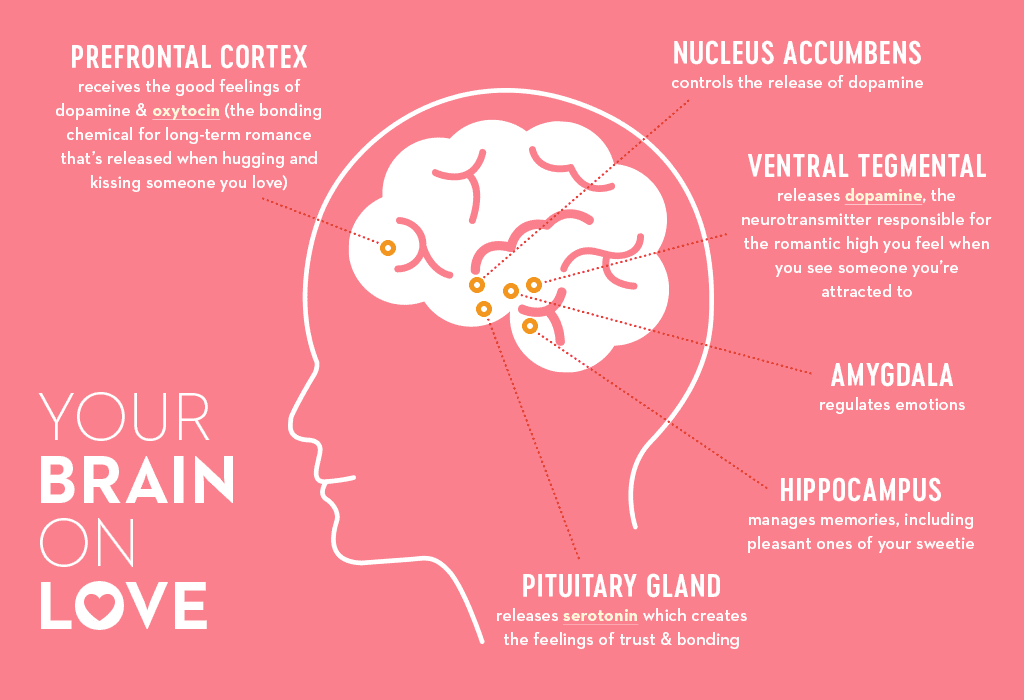When someone looks at a new love the neural circuits that are usually associated with social judgment are suppressed
When Someone Looks at a New Love, the Neural Circuits that are Usually Associated with Social Judgment are Suppressed

Love, the profound and exhilarating emotion that has captivated human hearts for centuries, has always been a subject of fascination and interest. Scientists have long sought to unravel the mysteries of love, trying to understand how it affects our brains and behavior. Recent research has shed light on a fascinating aspect of falling in love – the suppression of neural circuits associated with social judgment.
A study published in the journal Nature Communications utilized functional magnetic resonance imaging (fMRI) to observe the brains of individuals who had recently fallen in love. The researchers discovered that when participants looked at images of their new love interest, the neural circuits responsible for evaluating and judging social information were remarkably quiet.

These findings challenge the commonly held belief that when we meet someone new, our brains automatically engage in social evaluation and judgment. Instead, it seems that love has the power to temporarily quiet those critical thoughts, allowing us to view our new love interest through a more positive and accepting lens.
The researchers found that the suppression of the neural circuits associated with social judgment was not influenced by the sex or attractiveness of the person participants were looking at. It was a universal phenomenon that occurred across all participants. This indicates that the brain’s response to new love is a fundamental aspect of human biology, transcending individual preferences and societal norms.
The study also revealed that the suppression of social judgment circuits was specific to new love and did not occur when participants looked at images of close friends or acquaintances. This suggests that the neural processes involved in social evaluation are selectively overridden during the early stages of romantic attraction.
But what are the implications of this fascinating discovery? The researchers speculate that the suppression of social judgment circuits may serve an evolutionary purpose. It allows individuals to form strong emotional bonds with potential partners without being clouded by critical thoughts or superficial evaluations. In other words, it helps us see past initial impressions and connect on a deeper level.
From an SEO perspective, understanding the neural processes related to love and attraction can help us comprehend the complex nature of human relationships. It can shed light on the factors that contribute to the formation of strong emotional bonds and can guide individuals in their search for love.
In conclusion, when someone looks at a new love, the neural circuits associated with social judgment are suppressed. This remarkable phenomenon provides insight into the power of love to temporarily quiet critical thoughts and allow for a more positive and accepting perspective. It unveils a fundamental aspect of human biology and may serve an evolutionary purpose in fostering deep emotional connections. Understanding the neural processes behind love and attraction can bring us one step closer to unraveling the mysteries of the heart.
Source: https://www.ncbi.nlm.nih.gov/pmc/articles/PMC4911849/
Tags
Related Posts
Quick Links
Legal Stuff